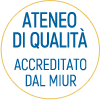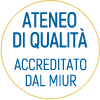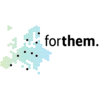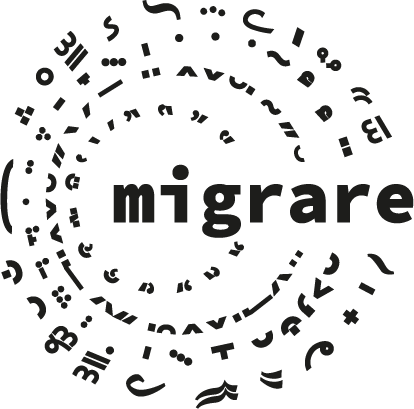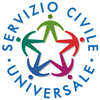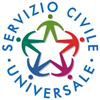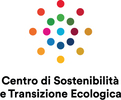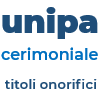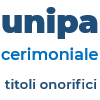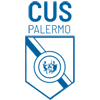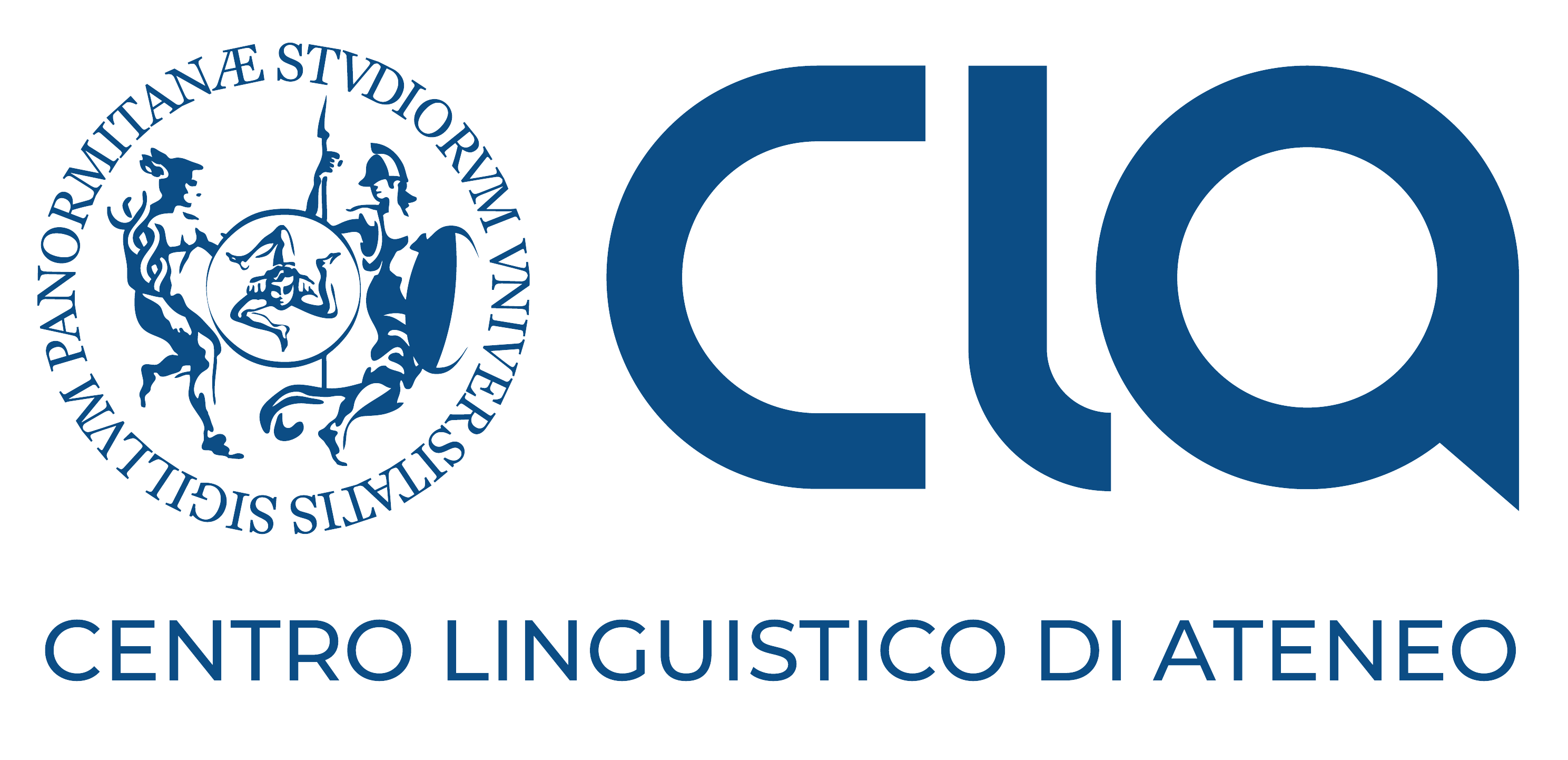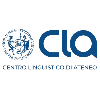Seminari progetto Cori - Prof.ssa Persano Adorno
Si informano gli studenti interessati che la Prof.ssa Persano Adorno, nell'ambito del Progetto Cori di cui è responsabile, ha organizzato un ciclo di seminari che il Prof. Mikhail Katsnelson (www.theorphys.science.ru.nl/people/katsnelson/) dell’Institute for Molecules and Materials della Radboud University di Nijmegen (The Netherlands) terrà presso la nostra Università.
Verranno attribuiti fino a 2 CFU agli studenti del terzo anno del Corso di Laurea in Ingegneria Elettronica e agli studenti del Corso di Laurea Magistrale in Ingegneria Elettronica/Electronics Engineering che avranno seguito i seminari (0.5 CFU per seminario) e presentato alla Prof.ssa Adorno una breve ma esaustiva relazione.
La Prof.ssa Persano Adorno, al termine del ciclo di seminari, trasmetterà al Consiglio Interclasse dei Corsi di Studi in Ingegneria Elettronica l'elenco degli studenti ai quali possono essere attribuiti i CFU.
Di seguito il calendario degli incontri.
Graphene: a general overview.
Aula U110, primo piano Ed.9, Viale delle Scienze
14 Ottobre ore 15:30
Abstract: I will try to explain why graphene is important for fundamental science. The talk will be focused on (1) the role of graphene as a bridge between materials science and fundamental physics (chirality and topological aspects, Klein tunneling, relativistic collapse of a supercritical charges, etc.) and (2) its role as a prototype crystalline membrane (nonexistence of long-range crystal order in two dimensions, ripples, exotic mechanical properties, etc).
Does God play dice?
Aula U110, primo piano Ed.9, Viale delle Scienze
15 Ottobre ore 15:30
Abstract: Quantum mechanics does not deal with individual events and all its predictions are of a statistical nature. This situation leads to long-time and very hot debates on “completeness” of quantum mechanics, its applicability or inapplicability for macroscopic objects, existence or nonexistence of underlying classical reality (“hidden parameters”), role of measurement devices and observers, etc. Recently, we proposed a purely phenomenological way to build the quantum theory as the most robust description of reproducible experiments, based on separation-of-conditions principle, logical inference approach and a minimal amount of additional physical postulates. I will review this approach.
On other 2D materials: Electronic structure and properties of a few-layer black phosphorus.
Aula Specializzazione, piano terra Ed.18, Viale delle Scienze
17 Ottobre ore 15:30
Abstract: I will review some theoretical issues related to a recently discovered two-dimensional material, few-layer black phosphorus (phosphorene, for single layer). This is a direct-gap semiconductor with a gap in Γ point changing from roughly 2 eV in single layer to 0.3 eV in the bulk, with anisotropic and essentially non-parabolic energy spectrum. I will present tight-binding parametrization of electron energy spectrum and its application to large-scale simulations of optical and plasmonic properties. I will also consider charge carrier mobility in single-layer black phosphorus and properties of the defects on black-P surface will be also considered.
On magnetism: Theory of magnetic interactions in real materials.
Aula Specializzazione, piano terra Ed.18, Viale delle Scienze
18 Ottobre ore 15:30
Abstract: Magnetic ordering and related phenomena are of essentially quantum and essentially many-body origin and require strong enough electron-electron interactions. Also, they are very sensitive to the details of electronic structure of specific materials. I will review a general scheme of calculations of exchange interactions responsible for magnetism based on the “magnetic force theorem”, its generalization on the case of relativistic magnetic interactions and its applications to various groups of magnetic materials including elemental transition and rare-earth metals, half-metallic ferromagnets, transition metal oxides, molecular magnets.




